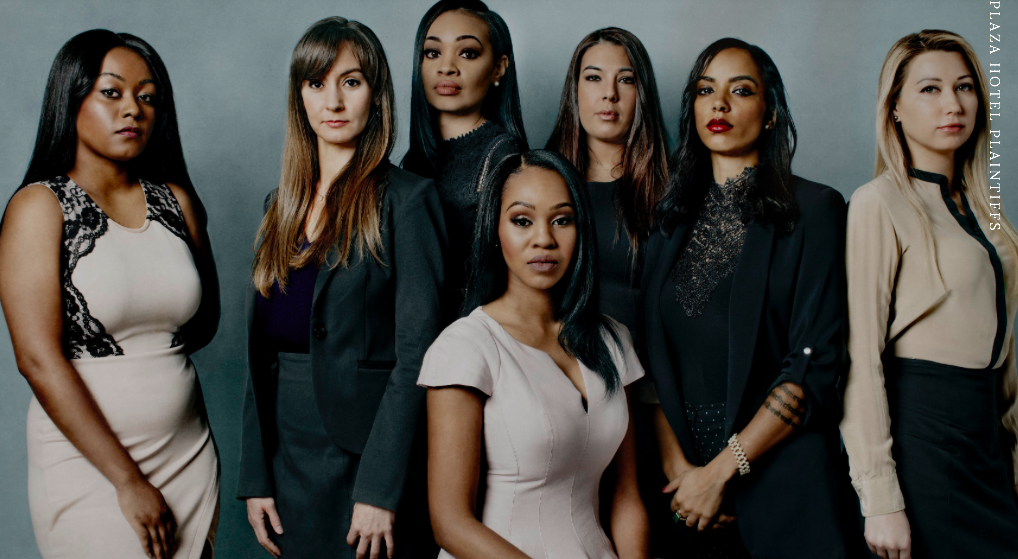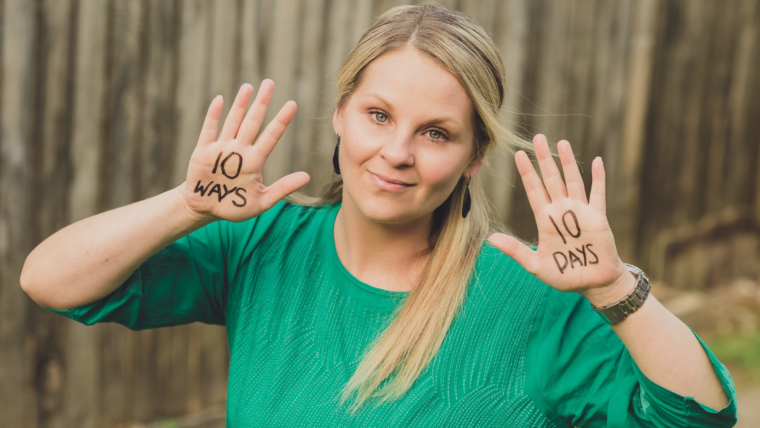
The faces of five women, including celebrities Taylor Swift and Ashley Judd, appear on TIME’s 2017 Person of the Year cover, representing the “The Silence Breakers” — the thousands of people across the world who have come forward with their experiences of sexual harassment and assault, #METOO.

At the federal level, the House and Senate have passed new rules requiring members of Congress and their staff to complete mandatory sexual-harassment training. A handful of Senators have also introduced legislation to rein in what are known as mandatory arbitration agreements—legal clauses that can appear in employee contracts that prevent workers from suing their employers in court for any reason, including sexual harassment. Some 60 million American workers are currently bound by them.
We’re still at the bomb-throwing point of this revolution, a reactive stage at which nuance can go into hiding. But while anger can start a revolution, in its most raw and feral form it can’t negotiate the more delicate dance steps needed for true social change. Private conversations, which can’t be legislated or enforced, are essential.
Norms evolve, and it’s long past time for any culture to view harassment as acceptable. But there’s a great deal at stake in how we assess these new boundaries—for women and men together. We can and should police criminal acts and discourage inappropriate, destructive behavior.
At least we’ve started asking the right questions. Ones that seem alarmingly basic in hindsight: “What if we did complain?” proposes Megyn Kelly. “What if we didn’t whine, but we spoke our truth in our strongest voices and insisted that those around us did better? What if that worked to change reality right now?” Kelly acknowledges that this still feels more like a promise than a certainty. But for the moment, the world is listening.
Read the stories of these courageous women on time.com.







